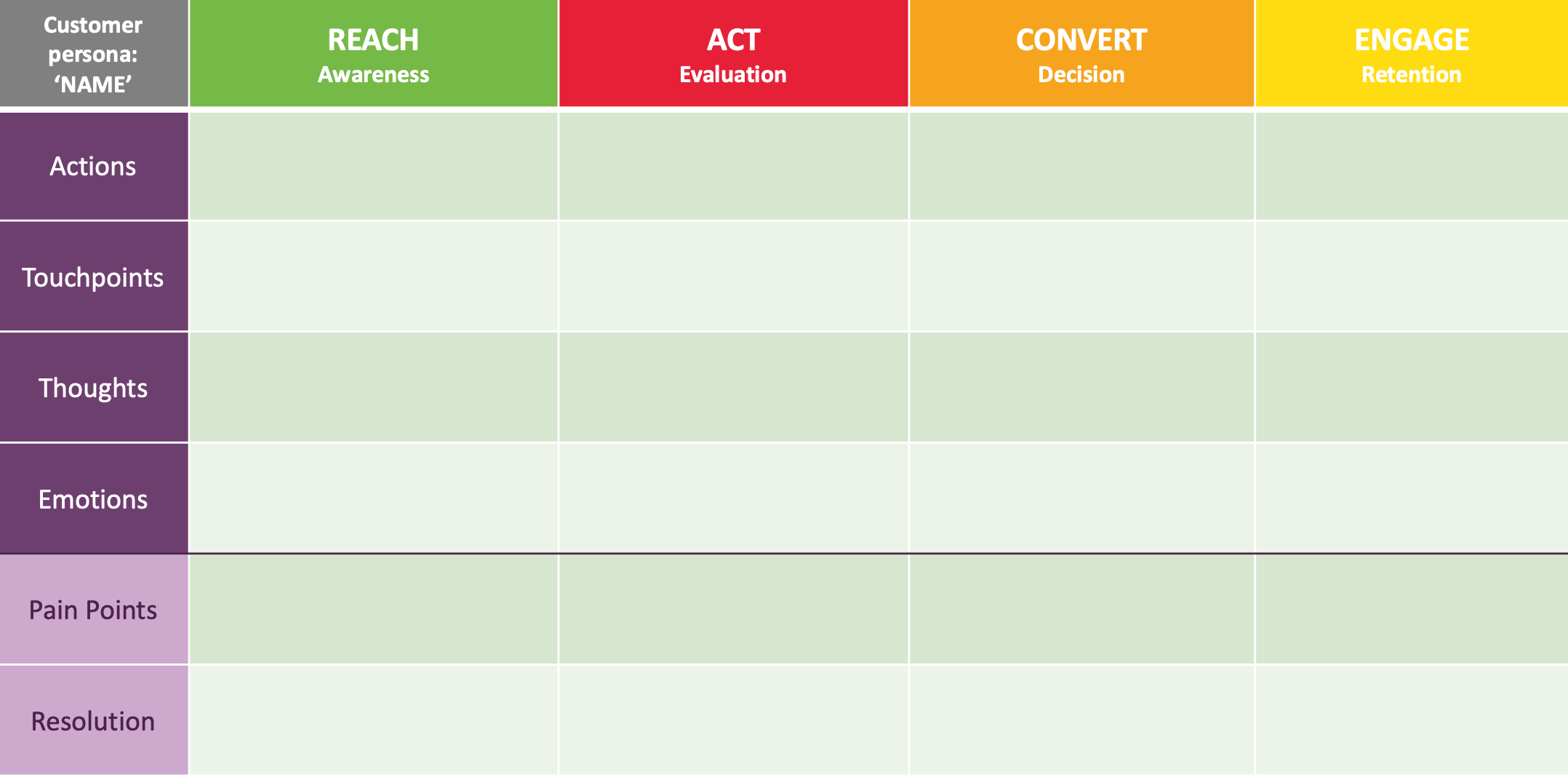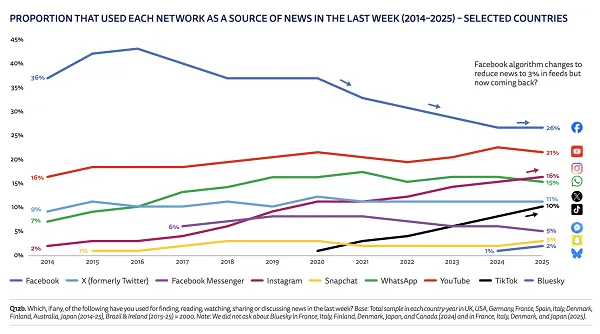AND THE TREES STARE BACK
Five years ago, in 1984, Viktoria made a horrible mistake—during a moment of distraction, she let her 5-year-old sister disappear in the bog behind their house, a place where such events are common. Now Anna has returned, but she hasn’t aged. She can’t explain where she’s been, and the bog seems to call her back. With the oracle cards she carries as a guide, 16-year-old Vik desperately tries to figure out what to do while navigating turmoil with her closest friend, Liis, and facing the hostile villagers, who turn on her family. Although the Estonians’ language and culture have survived decades of Soviet oppression—which is loosening—some people are more interested in assimilating with Russians. The influence of Vik’s maternal uncle Silver, who supports the Soviet way of thinking and runs the government asylum just outside of town, looms large. In this politically astute story filled with skillfully incorporated background information about a fascinating and complex historical period, Vik’s quest authentically and thoroughly incorporates her struggles with OCD and complex PTSD (which Griffis explains in a mental health note but aren’t diagnosed in-world). Liis has a limb difference, and Vik’s mother has PTSD, too. This gripping, deeply human, and eerie mystery has parallels to current events that will provoke readers to think.


Five years ago, in 1984, Viktoria made a horrible mistake—during a moment of distraction, she let her 5-year-old sister disappear in the bog behind their house, a place where such events are common. Now Anna has returned, but she hasn’t aged. She can’t explain where she’s been, and the bog seems to call her back. With the oracle cards she carries as a guide, 16-year-old Vik desperately tries to figure out what to do while navigating turmoil with her closest friend, Liis, and facing the hostile villagers, who turn on her family. Although the Estonians’ language and culture have survived decades of Soviet oppression—which is loosening—some people are more interested in assimilating with Russians. The influence of Vik’s maternal uncle Silver, who supports the Soviet way of thinking and runs the government asylum just outside of town, looms large. In this politically astute story filled with skillfully incorporated background information about a fascinating and complex historical period, Vik’s quest authentically and thoroughly incorporates her struggles with OCD and complex PTSD (which Griffis explains in a mental health note but aren’t diagnosed in-world). Liis has a limb difference, and Vik’s mother has PTSD, too. This gripping, deeply human, and eerie mystery has parallels to current events that will provoke readers to think.















.png)









![How To Drive More Conversions With Fewer Clicks [MozCon 2025 Speaker Series]](https://moz.com/images/blog/banners/Mozcon2025_SpeakerBlogHeader_1180x400_RebeccaJackson_London.png?auto=compress,format&fit=crop&dm=1750097440&s=282171eb79ac511caa72821d69580a6e#)

![Brand and SEO Sitting on a Tree: K-I-S-S-I-N-G [Mozcon 2025 Speaker Series]](https://moz.com/images/blog/banners/Mozcon2025_SpeakerBlogHeader_1180x400_LidiaInfante_London.png?auto=compress,format&fit=crop&dm=1749465874&s=56275e60eb1f4363767c42d318c4ef4a#)























![The 11 Best Landing Page Builder Software Tools [2025]](https://www.growthmarketingpro.com/wp-content/uploads/2024/04/best-landing-page-software-hero-image-1024x618.png?#)






































![How to Create an SEO Forecast [Free Template Included] — Whiteboard Friday](https://moz.com/images/blog/banners/WBF-SEOForecasting-Blog_Header.png?auto=compress,format&fit=crop&dm=1694010279&s=318ed1d453ed4f230e8e4b50ecee5417#)
![How To Build AI Tools To Automate Your SEO Workflows [MozCon 2025 Speaker Series]](https://moz.com/images/blog/banners/Mozcon2025_SpeakerBlogHeader_1180x400_Andrew_London-1.png?auto=compress,format&fit=crop&dm=1749642474&s=7897686f91f4e22a1f5191ea07414026#)

![AIO Hurting Traffic? How To Identify True Loss With GA4, GSC & Rank Tracking [Webinar] via @sejournal, @lorenbaker](https://www.searchenginejournal.com/wp-content/uploads/2025/06/stat-sej-webinar-june-2025-668.png)










![AI Content Is 4.7x Cheaper Than Human Content [+ New Research Report]](https://ahrefs.com/blog/wp-content/uploads/2025/06/ai-content-is-4.7x-cheaper-than-by-ryan-law-data-studies.jpg)













![Brand pitch guide for creators [deck and email templates]](https://blog.hootsuite.com/wp-content/uploads/2022/06/brand-pitch-template.png)























